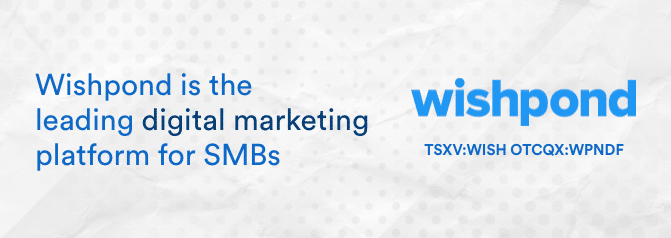

OpenText (OpenText Stock Quote, Chart, News: TSX:OTC) today announced that a San Francisco Federal Court jury found that both Box Inc. and Carahsoft Technology Corp infringed on its patents. The court awarded the Waterloo-based company a settlement of less than $5-million.
“We are pleased the jury has vindicated Open Text’s position that the three file synchronization/edit patents were both infringed and valid,” said OpenText chief legal officer and corporate secretary Gordon A. Davies. “The assertion of these patents is tangible proof of our continuing efforts to vigorously protect our intellectual property rights and business interests.”
In June of 2013 OpenText sued Box, seeking $268-million in damages, asserting 12 patents across three patent families, including U.S. Patent Number 6223177, which is related to a web-based collaborative workspace. Three of the patents related to “System and method for the synchronization of a file in a cache”.
Much of the latter part of the trial was spent determining what a “reasonable royalty” was and focused on OpenText’s expert Ms. Krista Holt, who argued that the company’s IP entitled it to a 15% royalty rate from “Box Edit”, an add-on feature that allows users to edit or create files directly on Box an updates the changes in the cloud.
District Judge James Donato commented that “the classic way to determine the reasonable royalty amount is to multiply the royalty base, which represents the revenue generated by the infringement, by the royalty rate, which represents the percentage of revenue owed to the patentee.”
But OpenText’s case was made trickier by the fact that court determined that the entire value of the Box product was not tied to OpenText patents.
“When the accused technology does not make up the whole of the accused products, and the patented feature does not drive the demand for the entire product, “the ultimate combination of royalty base and royalty rate must reflect the value attributable to the infringing features of the product, and no more,” said the judge, citing the cases of Ericsson, Inc. v. D-Link Sys., Inc. and VirnetX, Inc. v. Cisco Systems, Inc.
OpenText’s case was dealt a blow in late January when Holt’s testimony “in whole or in part on the non-comparable licenses and agreements” was excluded.
Leave a Reply
You must be logged in to post a comment.






 Share
Share Tweet
Tweet Share
Share




Comment